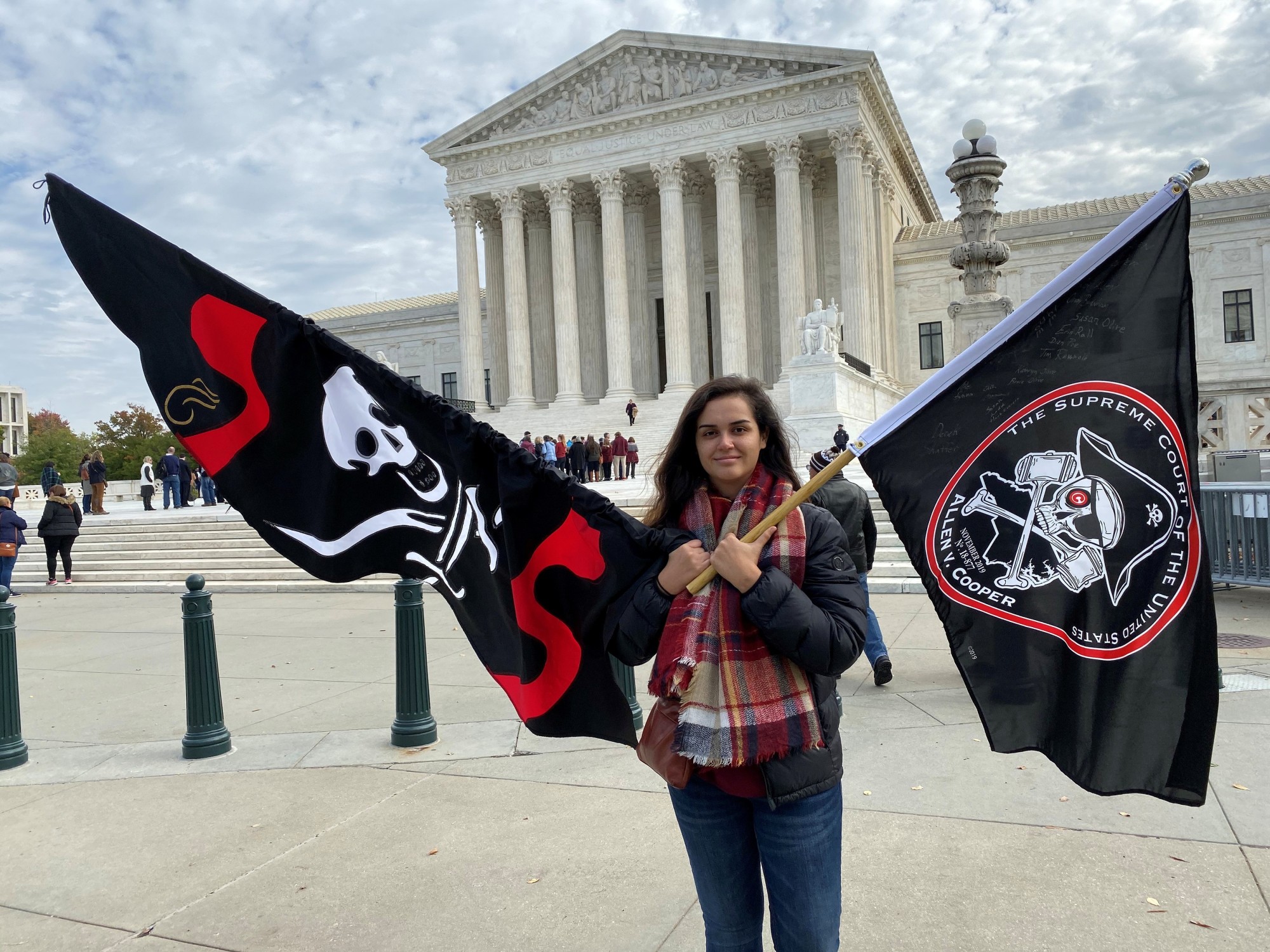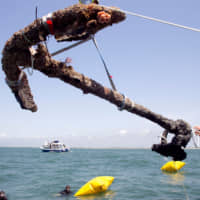U.S. Supreme Court justices struggled to navigate between the rights of states and individuals on Tuesday as they weighed a documentary filmmaker's bid to revive his lawsuit against North Carolina state officials he accuses of unlawfully pirating his footage of notorious English pirate Blackbeard's wrecked ship.
The justices heard an hour of arguments in the appeal by the filmmaker, Frederick Allen, of a lower court's ruling that North Carolina could not be sued under federal law for allegedly infringing his copyrights on five videos and a photo of the salvage operation for the ship, the Queen Anne's Revenge, which went down in 1718.
The justices sought to balance the rights of individuals to protect their creations through copyrights with the fact that states typically are shielded from lawsuits seeking damages under the U.S. Constitution through a form of protection known as sovereign immunity.
The case hinges on whether that shield applies to copyright infringement. In 1990, the U.S. Congress passed a law allowing states to be held liable for illegal copying.
Blackbeard, whose name was Edward Teach, ran the Queen Anne's Revenge, his flagship, aground on a sandbar 58 years before the United States declared independence from Britain. By law, the ship and its artifacts are owned by the state.
A private salvage company located the wreck in 1996. Allen and his firm, Nautilus Productions, documented the efforts by divers and archaeologists to recover artifacts off the coast of Beaufort, North Carolina. Allen obtained federal copyright registrations on the videos and still images.



















With your current subscription plan you can comment on stories. However, before writing your first comment, please create a display name in the Profile section of your subscriber account page.